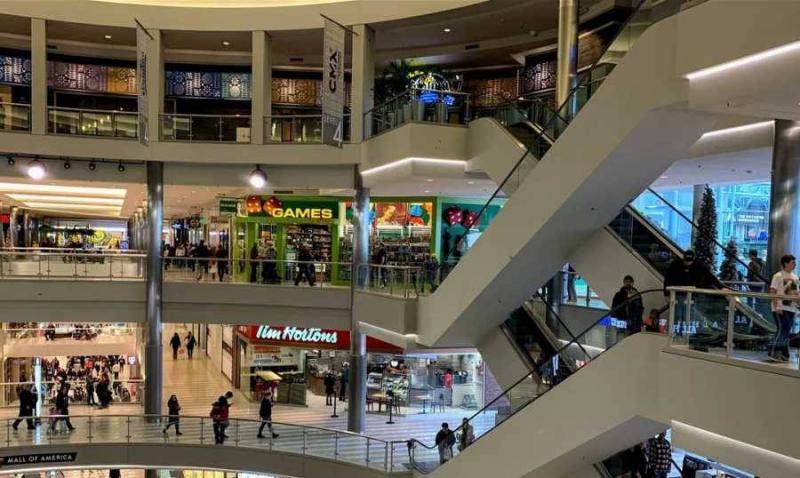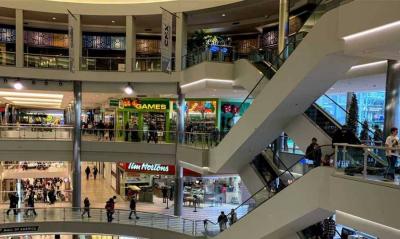The parliamentary elections injected money into the economic cycle, which split between bribes and various means of vote-buying, as well as funds paid to different sectors to ensure campaign needs and organize the electoral process, including the commercial sector that provided many necessities for the electoral process. Did these elections benefit this sector financially and contribute to improving its income amid a difficult economic situation and declining sales? Jihad Al-Tannir, Vice President of the Beirut Traders Association, explains to "Al-Markazia": "The commercial activity directly related to the elections has improved, such as sales linked to serving representatives and employees, catering, and supplies for the electoral process like ink, papers, printing, and advertising. While it’s hard to calculate profit margins, the overall activity was better than the previous period when it was nearly non-existent. Some companies saw an uptick in their sales, but it remained limited, and the market as a whole did not move significantly. Whatever the amount spent, it remains non-central and cannot be relied upon for future work plans." He points out that "we now wait for seasons to assess commercial activity, such as holidays and the tourist season... However, depending on sporadic occasions does not build an economy. Stimulating the economic cycle requires an integrated path involving different sectors to improve the trade balance."
Regarding the talk of a promising summer and its possible implications for the commercial sector, Al-Tannir believes that "predictions are uncertain, especially with the Arab boycott and the unstable situation, knowing that the summer season for Arab countries starts in June, and there are no indications of Arab tourists coming to Lebanon. For instance, skilled sectors, which Arabs usually engage with to buy furniture for their homes, have not yet moved." As for the aspirations and preparations of the Beirut Traders Association for the post-election phase, he indicates that "there are no plans to take any steps at the moment; we are monitoring developments and will advise traders accordingly. However, to this point, the picture remains very unclear, particularly regarding questions about the upcoming phase, which could be a politically divisive stage that increases conflicts. Thus, we must wait for upcoming events such as the elections for the Speaker of the House of Representatives, the Presidency, and the formation of a government to determine the next steps."




